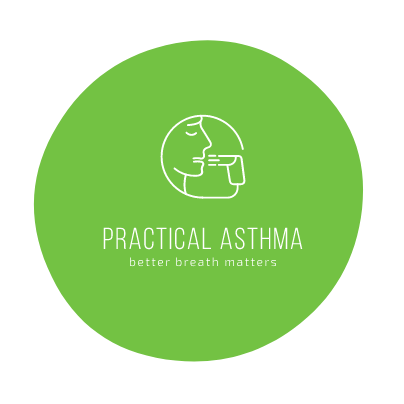Ozone in the air we breathe can harm our health, especially on hot sunny days when ozone can reach unhealthy levels. Even relatively low levels of ozone can cause health effects.
Who is at risk?
People most at risk from breathing air containing ozone include people with asthma, children, older adults, and people who are active outdoors, especially outdoor workers. In addition, people with certain genetic characteristics, and people with reduced intake of certain nutrients, such as vitamins C and E, are at greater risk from ozone exposure.
Children are at greatest risk from exposure to ozone because their lungs are still developing and they are more likely to be active outdoors when ozone levels are high, which increases their exposure. Children are also more likely than adults to have asthma.
What health problems can ozone cause?
Depending on the level of exposure, ozone can:
- Cause coughing and sore or scratchy throat.
- Make it more difficult to breathe deeply and vigorously and cause pain when taking a deep breath.
- Inflame and damage the airways.
- Make the lungs more susceptible to infection.
- Aggravate lung diseases such as asthma, emphysema, and chronic bronchitis.
- Increase the frequency of asthma attacks.
Some of these effects have been found even in healthy people, but effects can be more serious in people with lung diseases such as asthma. They may lead to increased school absences, medication use, visits to doctors and emergency rooms, and hospital admissions.
Long-term exposure to ozone is linked to aggravation of asthma, and is likely to be one of many causes of asthma development. Studies in locations with elevated concentrations also report associations of ozone with deaths from respiratory causes.
More info at: https://www.epa.gov/ground-level-ozone-pollution/health-effects-ozone-pollution
